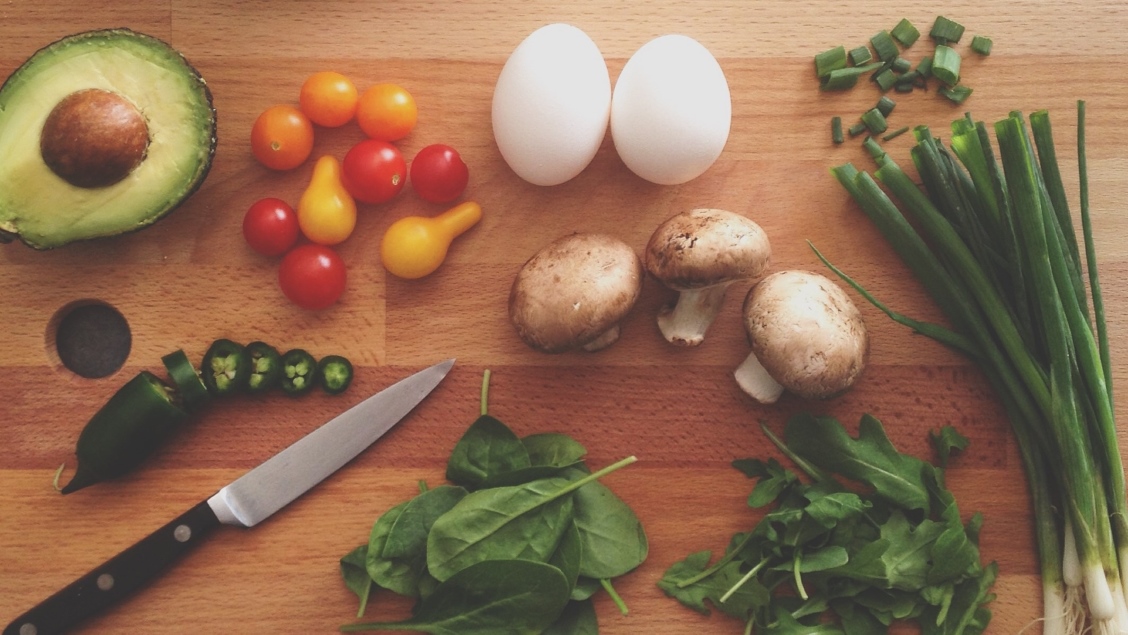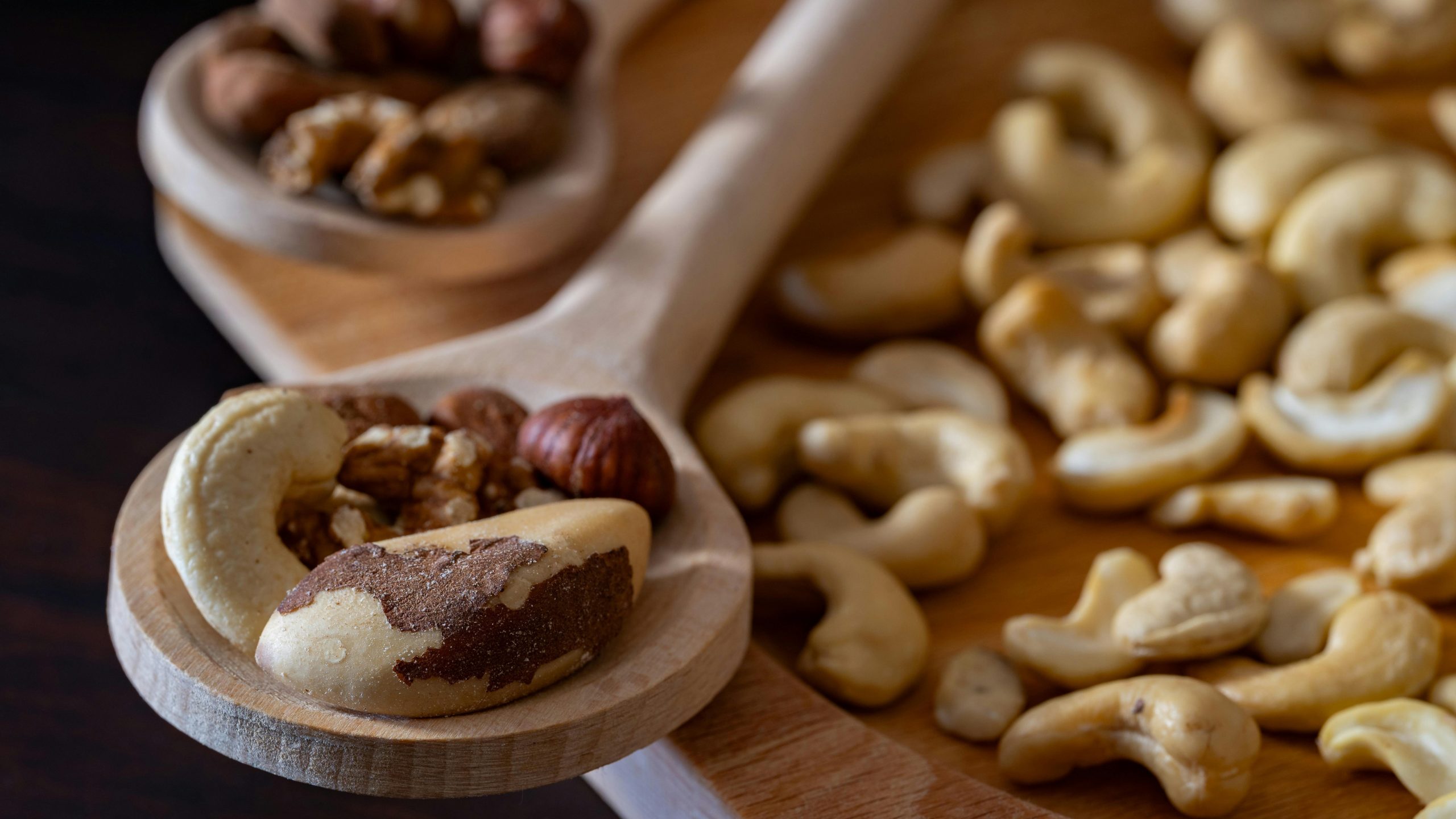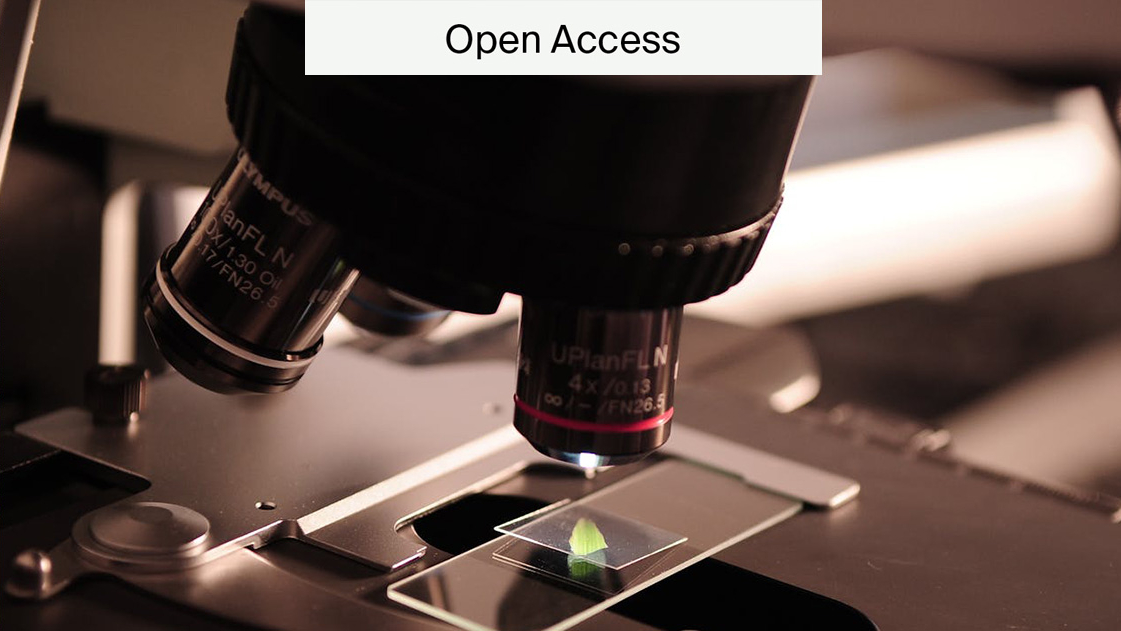
Five Things Influencing Gut Microbiota and How
Our gut microbiota has a great influence on our health. Importantly, we have a key role in maintaining healthy and supportive gut microbiota, with many of our behaviours and habits influencing it. Here, we delve into five things that influence our gut microbiota and how.
What is gut microbiota?
Gut microbiota is a complex collection of microorganisms that profoundly affects our heath. It breaks down food to harvest energy, protects us against pathogens, regulates our immune system, and more.
We’ve co-evolved with gut microbiota over thousands of years to form an intricate and mutually beneficial relationship, meaning we influence it and it influences us. This relationship can change a lot based on different factors. Gut microbiota adjusts to what its fed and the lifestyle of its host. This means that we can adjust our diet and lifestyles to improve our gut microbiota.
Here, we’ll look at the specific factors influencing it.
1. Healthy and diverse diet
Having diverse and balanced gut microbiota is very important because it ensures your gut is resilient, is capable of dealing with pathogens, and makes the most of what you feed it. When this balance is off, this is known as dysbiosis. Dysbiosis is associated with obesity, malnutrition, inflammatory bowel diseases, neurological disorders, and cancer.
Diet is one of the key factors that influences gut microbiota. Studies have highlighted that consuming a high number of different plant foods supports a healthy balance. Eating more fruits and vegetables is a simple way to improve your gut microbiota, but you can go even further and adopt a different diet.
The same study shows the value of the Mediterranean diet for improving the gut microbiome. This diet is mostly plant-based and contains multiple portions of vegetables, fruit, cereals, and olive oil. These foods contain many components that good bacteria love, including dietary fibres and polyunsaturated fatty acids.
As a result, the Mediterranean diet encourages changes in gut bacteria that are favourably linked to maintaining healthy levels of inflammation, reducing the number of free radicals, which can contribute to illness and aging, and supporting overall metabolic health.
2. Avoid processed foods
Removing certain foods from your diet can have a positive effect. Limiting regularly processed foods and removing ultra-processed foods can help support your gut microbiota.
A processed food is simply one that has been altered from its original form. This can include heating, pasteurising, canning, and drying. Ultra-processed refers to foods that are “industrial formations with five or more ingredients” such as chicken nuggets and burgers. These tend to include added sugar, salts, oils, and fats.
A study shows that ultra-processed foods have dysbiosis-inducing nutrients, which are related to increased risks of type 1 diabetes and celiac disease, especially in children. In response, diets centred around fresh or minimally processed foods that have adequate dietary fibre and low sugar can help to correct dysbiosis by positively influencing gut microbiota.
3. Exercise
Exercise is important. Its benefits include increasing strength, improving mood, boosting energy, and helping with sleep.
A study highlights how exercise is increasingly being recognised as an important factor that influences gut microbiota. Regular exercise increases the diversity of bacteria and promotes a balance between beneficial and harmful bacterial communities.
The same study mentions that there are some debates on how you should exercise to support your gut. Some research has suggested that high-intensity exercise may have a negative impact, but others have shown no difference between low- and high-intensity exercise.
With this uncertainty on how best to exercise for your gut, get adequate rest, maintain a healthy diet, and don’t overstrain yourself to ensure exercise remains sustainable.
4. Stress
Stress is our body’s response to emotional or mental pressure. It’s an immune process through which the body produces stress hormones that trigger a fight or flight response. This helps us respond quickly if we have to do things like deliver a speech or run a marathon.
Emerging research is showing that mood plays a role in influencing gut microbiota, and gut microbiota in influencing mood. A study showed that experiencing social stress reduced gut bacteria diversity in varying amounts. This means the numbers of good bacteria decreased, which increased the risk of pathogens surviving and affecting the host.
In turn, some research suggests that having good bacteria “is likely to confer some increase in emotional resilience under stress”. This means having a healthy gut microbiome could help us to cope with and recover from stress.
In other words, your mood and gut microbiota have a complex relationship, with one affecting the other. So, if you want to improve one, you should focus on supporting both.
5. Recovering from antibiotics
Antibiotics are crucial for combating infections. They work by blocking vital processes in bacteria, which either kills them or stops them from spreading, supporting the body’s immune system to fight the infection.
However, antibiotics are a major disruptor of gut microbiota. This can lead to susceptibility to other infections due to the loss of immunity that good bacteria provide, development of gut inflammation, and effects on the mental health of the host.
Sometimes using antibiotics is necessary, so mitigation of their negative effects is important. Here are some tips to heal your gut after antibiotics:
- Take probiotic supplements.
- Eat probiotic foods such as yogurt, kefir, and kimchi.
- Get plenty of rest and gradually reintroduce exercise as you feel better.
- Avoid processed foods.
Learn more about gut microbiota
Our relationships with our gut microbiota are very complex, and we are learning new things all the time. See our article on “Gut Microbiota” if you’d like to learn more about this hot topic.
As awareness increases, it’s worth knowing what influences gut microbiota and adjusting your diet and lifestyle accordingly. Good habits will support the bacteria in your gut, which will support you in turn by bolstering your immune system and ability to deal with stress.










